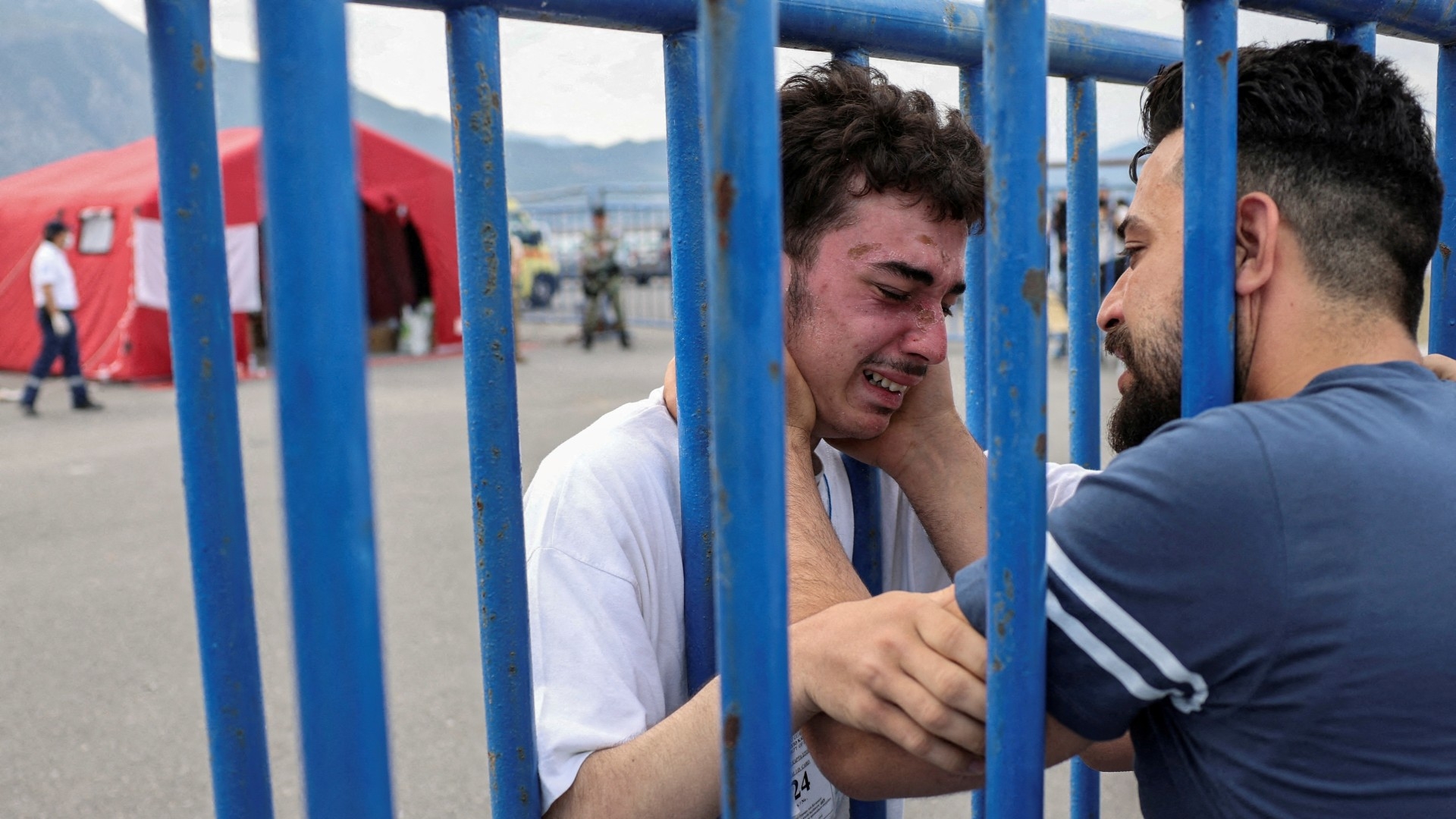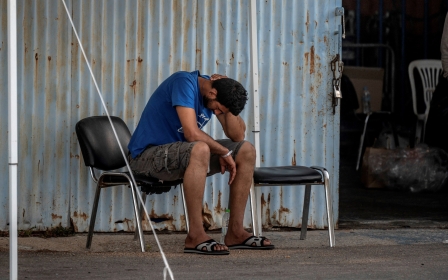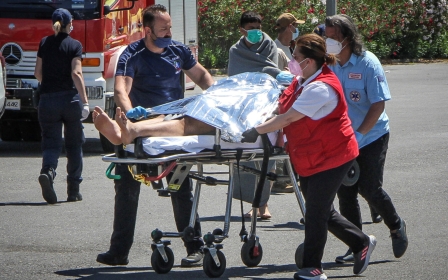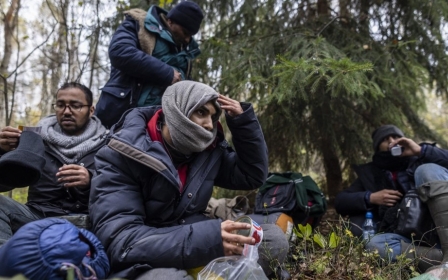Greece shipwreck: UN calls for urgent investigation into deadly disaster

The United Nations has called for an urgent investigation into an incident when a boat holding “hundreds” of people sank off the Greek coast, as reports claim the coastguard ignored distress calls from the vessel.
Greek officials said at least 78 people died, with hundreds feared missing, including a hundred children, after the sinking of a rusty trawler off Greece’s Peloponnese peninsula on Wednesday.
Around 100 survivors - the majority Syrian, Egyptian, and Pakistani - have been recovered, though it is thought as many as 500 more people could be dead.
There were 100 children reportedly in the boat's hold.
On Friday, the Greek coastguard was continuing its search operations, set to conclude at the end of the day.
New MEE newsletter: Jerusalem Dispatch
Sign up to get the latest insights and analysis on Israel-Palestine, alongside Turkey Unpacked and other MEE newsletters
The UNHCR described the incident in a joint statement on Friday as “the worst incident” in several years to have taken place in the Mediterranean and its surrounding seas.
UN human rights spokesperson Jeremy Laurence told reporters in Geneva that there is a need to investigate "people smugglers" and "human traffickers".
Vincent Cochetel, special envoy of the United Nations High Commissioner for Refugees (UNHCR) for the Central and Western Mediterranean, said Greece’s argument for not intervening “does not hold up”.
Survivors of the incident and activists said the Greek coastguard could have intervened earlier to escort the trawler to safety.
"Called for help"
The Greek coastguard has claimed the boat, which departed from eastern Libya for Italy, repeatedly refused assistance.
The coastguard's logs show it was aware of the vessel from Tuesday morning and in contact with it from 2pm local time.
However, activists from the Alarm Phone group, which monitors the seas for vessels in distress, say the ship called for help on Tuesday evening.
Alarm Phone said it alerted the coastguard to the distress call. The UNHCR told Greek media it alerted the Greek authorities to the distress call when contacted by Alarm Phone.
A coastguard vessel accompanied the boat for hours. On Friday, the Greek authorities denied that a rope thrown onto the boat by the coastguard had affected its balance and contributed to the disaster.
Government spokesperson Ilias Siakantaris said the coastguard threw a rope onto the boat to “steady themselves to approach, to see if they needed any help”.
Siakantaris stressed that the rope thrown was not a “mooring rope”, and the coastguard made no attempts to tow or tether the boat.
The coastguard insisted that the boat would have capsized earlier if it had not intervened.
It added that an English-speaking person onboard told the coastguard it did not need help as they intended to continue to Italy and wanted just food and water.
Earlier reports indicate that the boat had stopped briefly to receive food and water from a Maltese-flagged ship.
Middle East Eye delivers independent and unrivalled coverage and analysis of the Middle East, North Africa and beyond. To learn more about republishing this content and the associated fees, please fill out this form. More about MEE can be found here.




